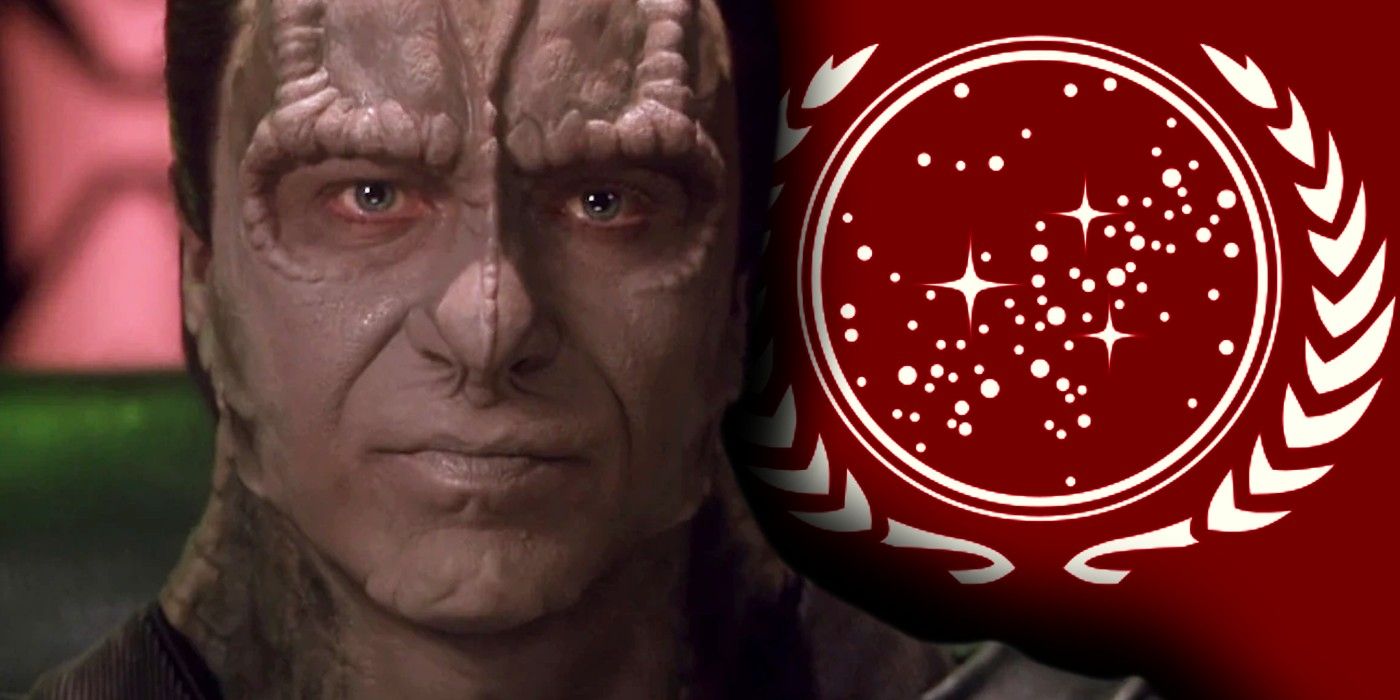By Marcel Krueger.

If one has a great pain, it is beneficial to change location
-Joseph Roth
In Minute 9 of Jerzy Kawalerowicz’s 1959 movie Pociag (Night Train), just a few miles outside Łódź Kaliska station, their point of departure, the two main protagonists are forced together in their 1st class night train compartment for the first time. Surgeon Jerzy, eyes hidden behind sunglasses and with the demeanour of being hounded by something or someone, has just purchased tickets for both berths in the compartment from the conductress for some privacy — only to find a woman’s handbag on the lower one and is then confronted by meteorologist Marta, a blonde woman with ponytail and fringe wearing a dark jumper, who insists that she also bought a ticket for that particular bunk. None of them is interested in companionship for their trip, so Jerzy storms off to get the conductress to sort the situation out, and the camera follows him for a short moment, establishing much of the setting for the next 83 minutes: he has to brush past everyone in the cramped corridors of this holiday express, past the flirtatious wife of the lawyer in the next compartment, past a young, insecure priest, and past a survivor of the Buchenwald concentration camp. The camera follows him like another passenger, inching past people and holding in when it comes across something that catches its eye, like two men talking about a murderer who might be on the train.
Pociag is one of the classics of Polish film, and was included in a list Martin Scorsese made of “masterpieces of Polish cinema” in 2013. In the year it was released it was awarded the Georges Méliès Award and the Best Foreign Actress Award for Lucyna Winnicka, who plays Marta, at the Venice Film Festival, and the Złota Kaczka or Golden Duck, one of the most prestigious Polish movie awards of the time. Poland had just experienced the latest of its many upheavals in the 20th century, an attempt to introduce Stalinism that came with forced industrialisation, persecution and murder of dissidents, and mass deportations — only cut short by Stalin’s death in 1953. The decades before had not been kind to Poland either: established as an independent republic in 1918 after over a hundred years divided between the German Reich, Tsarist Russia and Austria-Hungary, it experienced a brief period as a flourishing republic, was then again divided between Nazi Germany and the Soviet Union following the infamous Molotov-Ribbentrop Pact in 1939 and occupied by Nazi Germany as a slave state in 1941. It emerged in 1945 as a communist state after the Red Army had marched in, with six million of its people dead and much of the country in ruins. Kawalerowicz’s movie was made at a time when there seemed to be more artistic and societal freedom in Poland and the longing for a better future: the train is full of passengers going to the summer beaches on the Hel peninsula in the north, thirsty for normality yet full of post-war anxiety.
Jerzy (played by Leon Niemczyk) and Marta reluctantly agree to share the compartment for the rest of the journey, and over the course of the night they talk. A young girl has died during Jerzy’s first major surgery in Łódź and he just wants to get away as far as possible. Marta is fleeing from her stalking younger lover, Staszek (Zbigniew Cybulski), who has followed her onto the train. Then the police comes aboard in search of the murderer and they arrest Jerzy, who is travelling in the berth the culprit has purchased. Marta realises that the murderer must be the stranger at the station with whom she had exchanged her 2nd class ticket to escape Staszek. A search for the murderer ensues. He pulls the emergency brake and escapes the train across empty fields to an old graveyard, where he is finally overpowered by a passenger mob, and arrested.
The main character, however, is the train itself. This is not the spacious Hollywood backdrop of North by Northwest (coincidently released in the same year), not one of the many elegant incarnations of the Orient Express that Hercule Poirot travels on, or the toy train of The Darjeeling Limited. There is not even a dining car as action setting, like in The Equalizer 2. Not all train travel is romantic, and Jerzy Kawalerowicz and cinematographer Jan Laskowski show us a noisy, cramped train going through a sweltering summer night, with people sleeping in corridors or drinking through the night for the lack of berth or seat. To establish the setting in all its rocking and clunking glory, Kawalerowicz and Laskowski ordered a night train carriage from locomotive manufacturer Pafawag (Państwowa Fabryka Wagonów) without compartments installed, and could assemble and reassemble interior settings as needed in their studio in Łódź. The carriage was placed on springs to simulate the vibrations of a moving train, and in order to imitate a person moving through a cramped corridor, Laskowski placed the camera on a small trolley that was handed from actor to actor in the corridor. There are also some well-edited exterior shots: the title sequence is the chaotic view of the many people walking up and down the stairs of Łódź Kaliska filmed from above, which is later mirrored in a shot of the passenger mob swarming the murderer.
The appeal of this movie is its ambiguity. Like a night train itself, it is a container for many things at the same time: an unfulfilled love story, a Hitchcock thriller, a chase movie, a portrait of Polish post-war society and a quintessential European post-war film. In the Poland the train crosses there are no ruins of the recent past like in The Third Man or Germany, Year Zero, but the European context of destruction is everywhere: there is the aforementioned survivor of Buchenwald who spends the night reading in the train corridor as he can’t sleep in a compartment where he is reminded of concentration camp bunks; Marta reads a collection of stories from the Spanish Civil War by German writer Rudolf Leonhard with a picture of Picasso’s Guernica on the cover; and when the police — or more precisely the Citizen’s Militia of the Polish People’s Republic — enter the train everyone watches them with suspicion. The deserted cemetery where the murdered is apprehended might well have been a German Protestant one, like many others in the country that still exist to this day. On its way from Łódź to Hel, the train crosses a former German area. During the Yalta Conference in February 1945, Stalin and the western Allies had agreed that Poland would be given former German territories: the southern half of the province of East Prussia and the provinces of Pomerania and Silesia. The German population was forcefully expelled and the areas repopulated with Poles expelled from the Kresy regions in the east of the country, which were in turn divided between Ukraine, Belarus, and Lithuania. Over five million Germans, many of them Protestants, were forced to move west, and over three million mostly Catholic Poles were forced to follow them, all leaving their homes behind.
The final shots in the movie are not of the passengers, but of the train, now deserted in the early morning sun at a rural station by the Baltic. The compartment we entered together with Marta and Jerzy in minute 9 is empty. There are rumpled sheets on the berths; an empty beer bottle sits on the compartment table next to a discarded newspaper and some crumpled tissues, and then the empty carriage rolls slowly past the camera to its siding. Once again, a night train has brought its passengers safely through the darkness. Whatever they do with that fact is up to them.
Night Train has been digitally restored and is currently available for free on the 35mm website provided by the Warsaw Documentary and Feature Film Studios.
Previous essays in the Minute 9 series curated by Nicholas Rombes:
1. Nicholas Rombes
2. Alex Zamalin
3. Grant Maierhofer
4. Emma Jones
5. Des Barry
6. Lindsay Lerman
7. Joshua Glenn
8. Jessica Sequeiro.
9. Christine Hume
10. Jeff Wood
11. Alexander B. Joy
12. Des Barry
To pitch a submission, contact Nicholas Rombes at [email protected]

ABOUT THE AUTHOR
Marcel Krueger is a German-born writer and translator living in Ireland. Through the prism of family history and his own existence as a migrant he explores the tragedies of European 20th century history and what these mean for memory and identity today, especially focusing on the island of Ireland, Germany and Poland. His often melancholic writing is always rooted in arts, pop culture, and especially place, and his essays have been published in the Daily Telegraph, Guardian, Irish Times, Notes from Poland, Süddeutsche Zeitung</em, and CNN Travel, amongst others. He is the book editor of Berlin-based Elsewhere Journal, and has published five non-fiction books in English and German, among them Berlin – A Literary Guide for Travellers (written together with Paul Sullivan, IB Tauris 2016) and Babushka’s Journey – The Dark Road to Stalin’s Wartime Camps (IB Tauris, 2018).












 Bengali (Bangladesh) ·
Bengali (Bangladesh) ·  English (United States) ·
English (United States) ·